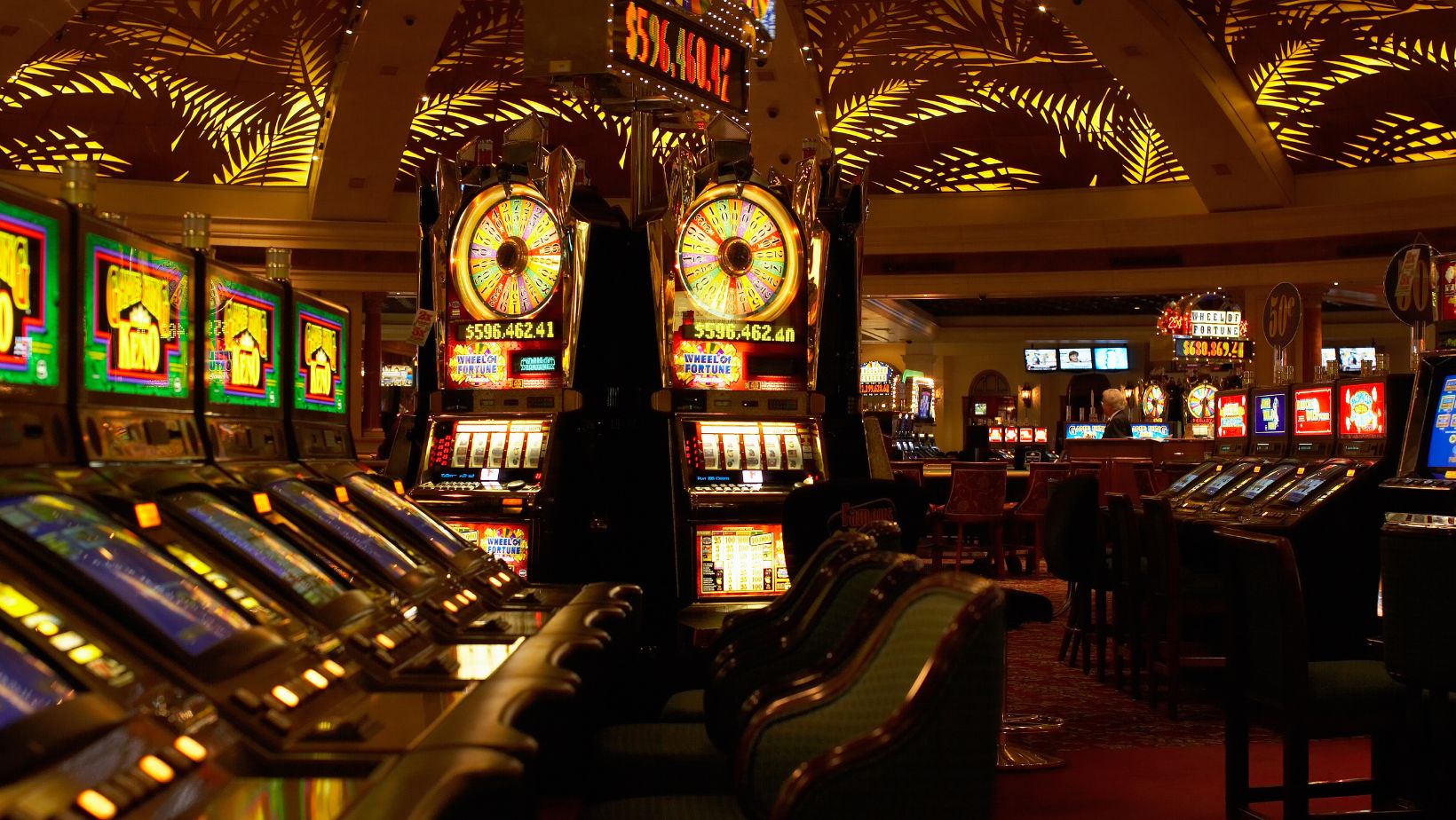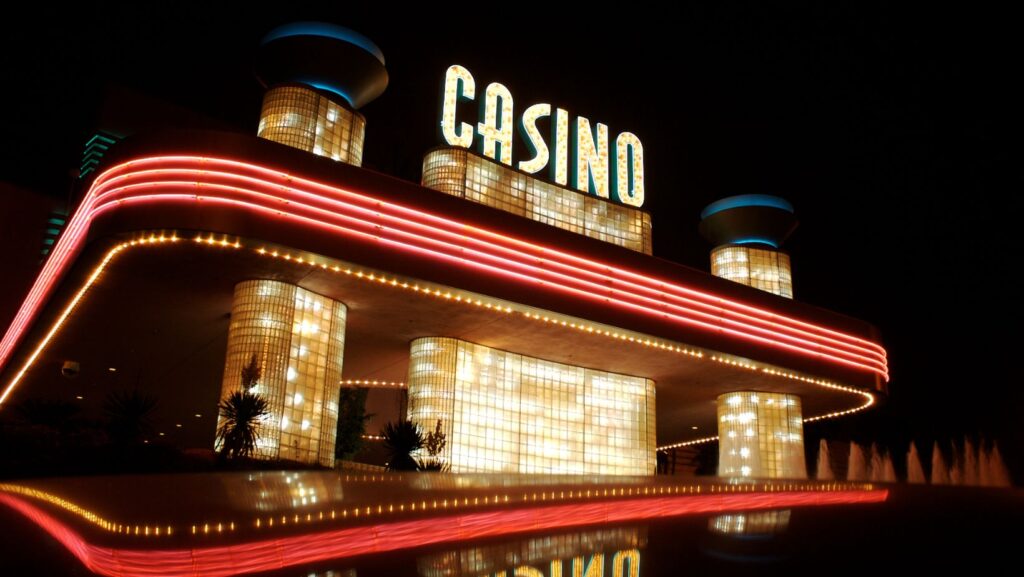The neon lights of Las Vegas still sparkle with the same intensity they did decades ago, but something fundamental has shifted in how Americans approach casino entertainment. Across the country, millions of players are trading the bright lights and clinking coins of traditional casinos for the convenience and innovation of social gaming platforms. This isn’t just a temporary trend—it’s a generational shift that’s reshaping the entire landscape of American entertainment.
The Changing Face of American Gaming
For generations, the casino experience was synonymous with physical destinations. Atlantic City, Las Vegas, and tribal casinos across the nation represented the pinnacle of gaming entertainment. The ritual was clear: dress up, travel to a specific location, exchange money for chips, and hope for the best. But today’s Americans—particularly younger generations—are writing a different playbook.
The modern gaming enthusiast values convenience, social interaction, and risk-free entertainment over the high-stakes atmosphere of traditional venues. They’re drawn to platforms that offer the excitement of casino games without the financial pressure, the social connections without the smoky rooms, and the accessibility without the travel requirements.
The Social Revolution
Perhaps the most significant difference between traditional and social casinos lies in their approach to community building. While brick-and-mortar casinos focus on individual play against the house, social platforms emphasize player-to-player interaction, collaborative achievements, and shared experiences.
This shift reflects broader changes in how Americans socialize and entertain themselves. Social media has conditioned us to expect interactive, shareable experiences. We want to celebrate wins with friends, share strategies, and be part of communities that extend beyond the gaming session itself.
Social casinos deliver this experience through chat functions, leaderboards, team challenges, and social sharing features. Players aren’t just spinning reels or playing cards—they’re participating in a dynamic social ecosystem where relationships form and gaming becomes a communal activity.
The Economics of Entertainment
Traditional casinos operate on a zero-sum model: the house edge ensures that, statistically, players lose money over time. While some visitors approach this as the cost of entertainment, an increasing number of Americans are questioning whether the thrill is worth the financial risk.
Social casinos offer a compelling alternative. Instead of requiring real-money wagers, these platforms use virtual currencies and sweepstakes models that allow players to enjoy high-quality gaming experiences without risking their financial security. Players can experience the same adrenaline rush, strategic thinking, and entertainment value without the anxiety of potential losses.

This model particularly appeals to younger Americans who may be dealing with student loans, saving for homes, or building their careers. They want entertainment that fits their budgets without sacrificing quality or excitement.
Technology as the Great Equalizer
The technological sophistication of modern social casinos has reached a point where the gaming experience often surpasses what traditional venues can offer. Advanced graphics, immersive sound design, and innovative gameplay mechanics create experiences that rival or exceed their physical counterparts.
Mobile accessibility has been a game-changer. While visiting a traditional casino requires planning, travel, and often significant time investment, social casinos are available 24/7 from any smartphone or tablet. This convenience factor cannot be overstated in our fast-paced society where entertainment needs to fit into busy schedules rather than dominate them.
The Appeal of Innovation
Traditional casinos, bound by physical constraints and regulatory requirements, often struggle to innovate quickly. The slot machines and table games of today aren’t dramatically different from those of decades past. Social platforms, however, can iterate rapidly, introducing new games, features, and experiences based on player feedback and emerging trends.
This innovation extends to personalization. Social casinos can tailor experiences to individual preferences, learning from playing patterns to suggest games, challenges, and social connections that align with each player’s interests. Traditional casinos simply cannot match this level of customization.
Emerging Platforms and Market Evolution
The social casino landscape continues to evolve with new platforms entering the market regularly. The newest social casino Cashoomo exemplifies this trend, bringing fresh approaches to game design, social features, and player engagement. These emerging platforms often challenge established norms, introducing innovative mechanics and community features that push the entire industry forward.
What sets newer platforms apart is their ability to learn from the successes and failures of earlier entrants. They can launch with more sophisticated social features, better mobile optimization, and more engaging progression systems than would have been possible just a few years ago.
The Generational Divide
The shift toward social casinos reflects broader generational differences in entertainment preferences. Millennials and Gen Z players grew up in digital environments where social interaction and gaming were naturally intertwined. For them, the idea of isolated gambling at a physical machine feels outdated.
These generations also demonstrate different risk tolerances and financial priorities. Having witnessed economic instability and facing unique financial challenges, many young Americans prefer entertainment options that don’t jeopardize their financial futures.
Legal Landscape and Accessibility
The complex legal landscape surrounding traditional gambling has created barriers for many Americans. Depending on their state of residence, accessing legal casino gaming might require travel to specific jurisdictions or acceptance of limited options.
Social casinos operating under sweepstakes models have largely circumvented these restrictions, providing legal access to casino-style entertainment across most states. This accessibility has opened up gaming to populations previously excluded by geography or legal constraints.
The Social Casino Advantage
Beyond convenience and cost considerations, social casinos offer several distinct advantages over their traditional counterparts:
Community Building: Unlike traditional casinos where interaction is often limited and competitive, social platforms foster collaborative communities where players help each other, share strategies, and celebrate collective achievements.
Learning Environment: Without financial pressure, players can experiment with new games and strategies without fear of costly mistakes. This creates a more educational and less stressful gaming environment.
Flexible Engagement: Players can engage for minutes or hours, pausing and resuming games as life demands. Traditional casinos require more substantial time commitments and don’t accommodate interruptions well.
Inclusive Atmosphere: Social casinos often feel more welcoming to newcomers and casual players, lacking the intimidation factor that can make traditional casinos feel exclusive or unwelcoming.
Looking Toward the Future
The trend toward social gaming isn’t slowing down. As virtual and augmented reality technologies mature, social casinos will likely offer even more immersive experiences that traditional venues cannot match. The integration of blockchain technologies, enhanced social features, and AI-driven personalization will further differentiate social platforms from their physical counterparts.
Traditional casinos are beginning to recognize this shift, with many launching their own social platforms or partnering with existing ones. However, they face the challenge of adapting business models built around physical presence and real-money wagering to the social gaming environment.
The New American Gaming Experience
What we’re witnessing isn’t just a migration from physical to digital gaming—it’s a fundamental redefinition of what casino entertainment means to American consumers. The new model prioritizes community over competition, accessibility over exclusivity, and innovation over tradition.
For the growing number of Americans choosing social casinos over traditional gambling, the decision represents more than just convenience or cost savings. It reflects a desire for entertainment that aligns with their values, fits their lifestyles, and provides genuine social value alongside the thrill of the game.
As this transformation continues, social casinos, like Mafia casino, are positioned to become the dominant form of casino entertainment in America, not just as an alternative to traditional gambling, but as an evolution that better serves the needs and preferences of modern American consumers.
